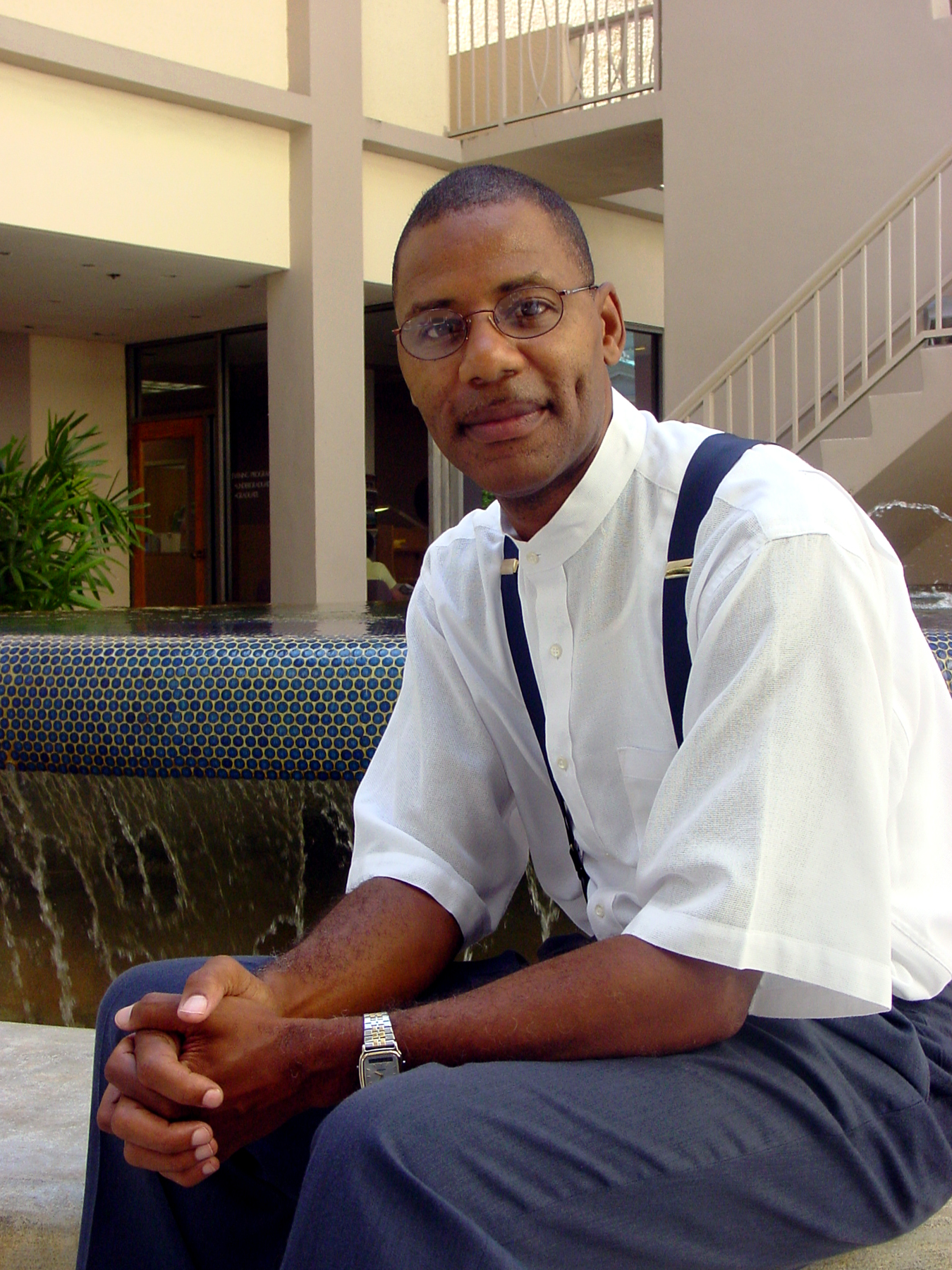
WEST PALM BEACH, Fla. (BP)–While a recent Harvard report points to the fact that school segregation nationwide, specifically in K-12 schools, is on the rise, the Council for Christian Colleges and Universities is seeking ways to enhance diversity and fulfill the Christian mandate of racial reconciliation at the college level.
As CCCU board member and Nyack College Provost, Samuel Barkat stated following a July meeting on racial harmony, “Like many of you, I feel that ‘this is the time’ for us to move ahead in the area of racial-ethnic reconciliation and to bring the multi-ethnicity issues into the mainstream of our educational enterprise on our campuses.”
I was privileged to have the opportunity to participate in the Consultation on Racial Harmony sponsored by the Council for Christian Colleges & Universities on July 13-15, 2001. The three-day event, held in northern Virginia, included 17 “people of color” and 10 “Anglos.” These 27 educators spent two days in strategic consultation addressing some of the most critical issues of race relations in higher education.
The timing could not have been more appropriate in light of current research that consistently reveals that schools are becoming increasingly segregated, widening the gap of inequality between the schools attended by white students and those attended by minorities.
The CCCU’s proposed initiative is particularly significant because these discussions are taking place among leaders of private Christian colleges and universities. Rev. David Anderson, president of BridgeLeader Network and author of Letters Across the Divide, facilitated the forum. Rev. Anderson outlined a clear biblical mandate stressing the importance of multicultural ministries in both the church and the college campus community.
CCCU President Bob Andringa proposed two goals for the Racial Harmony Consultation: 1) personal growth and development to provide leadership in the area of racial harmony and educational diversity; 2) identifying areas of consensus about how the Council and its campuses can advance in reflecting the biblical mandate for unity and the educational advantages of diversity.
It was on May 17, 1954, that the landmark decision Brown vs. the Board of Education was handed down. This legislation concluded that racially separate and unequal schools were illegal. However, since the early Civil Rights movement, we’ve discovered many of the gains made on the field of equality are slowly eroding away. According to Gary Orfield, co-director of The Civil Rights Project, the present disparities are “ironic considering that evidence exists that desegregated schools both improve test scores and positively change the lives of students and that Americans increasingly express support for integrated schools.”
Perhaps the CCCU will be a guiding light, providing a vision that will spark the transformation of all private Christian schools regarding racial reconciliation and diversity. Unlike the public education system, Christians schools should be motivated by a higher calling, a calling rooted in a belief that Christ has called us to racial reconciliation and justice.
President Andringa said at the conclusion of the consultation, “This was one of our most important meetings in several years. Our board has made this area one of our top priorities. Although the challenge is awesome, I returned personally blessed and confident God will lead our trustees, presidents and many campus leaders to redesign their plans for a truly multi-racial, multi-ethnic campus experience based on the oneness we have in Christ.”
–30–
Terriel R. Byrd, Ph.D., is assistant professor of religion and director of Ethnic Church Ministries at Palm Beach Atlantic College, West Palm Beach, Fla.
For additional information on CCCU’s Racial Harmony and Diversity Initiative: Projects and Programs see http://www.cccu.org/projects/diversity/
















